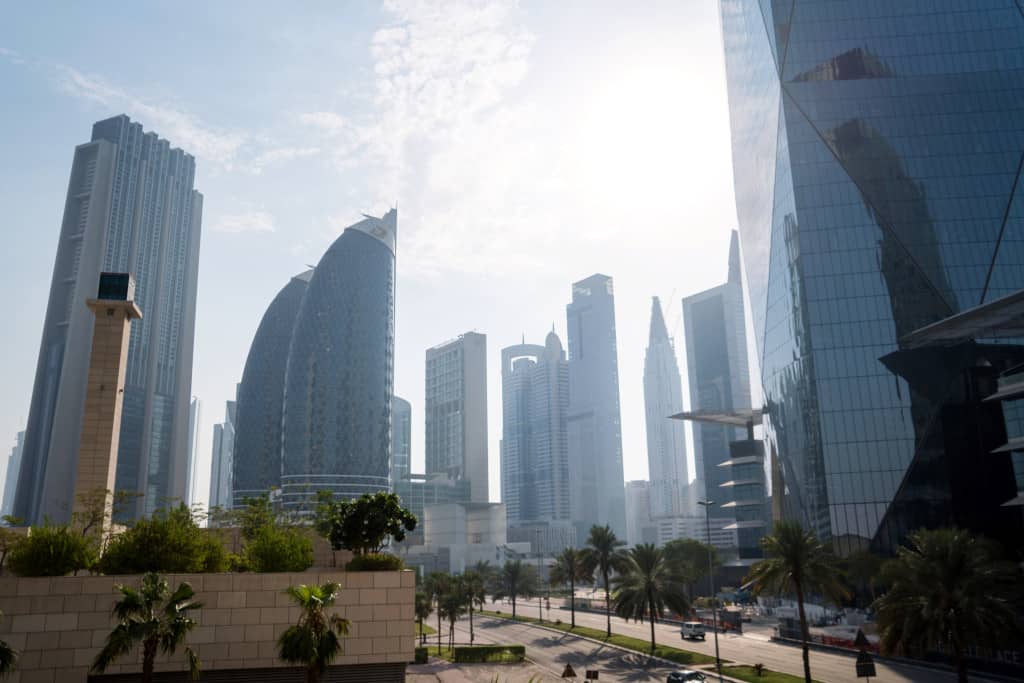Dubai’s office market has appeared as the place of choice, mainly for tech companies, to keep increasing in the Middle East region, especially due to the rental values which have carried on to their downward trends over secondary office buildings and submarkets in the city, as per Savills, the leading global real estate advisors.
However, central mature Free Zones and Grade A development has witnessed rental values settle, it expressed.
As per Savills, a rise in the number of hybrid working models and a rise in the number of start-ups is likely to act as a catalyst for the sector more further.
Dubai is currently being considered as a reasonable option to many European cities areas because of its handling of the pandemic, balancing an effective inoculation drive, while keeping the Dubai economy open for business, expressed Savills in its most recent ‘Market in Minutes’ research.
The workplace market in Dubai has been dynamic throughout the last three months proceeding with a pattern that started in Q4 2020, it added.
Paul Walshe, Director of International Corporate Services, said: “After a year of remote and hybrid working, most corporate occupiers are taking a longer-term view on their real estate requirements.”
“Occupiers are more proactive and now initiate discussions with landlords on lease renewals/restructuring – in most cases well in advance of their lease expiry, based on their future real estate strategy,” she added.
As per Savills research, representative wellbeing stays a need for most corporate occupiers and it’s reflected in their real estate strategy.
In fact, while interest for Grade space has stayed as the preferred options, occupiers are currently evaluating the ESG (Environmental, Social and Corporate Governance) consistency of the space they involve and are requesting more maintainable, productive, and healthy environments.
Remarking on the delayed uncertainty around supported worldwide financial recovery that has driven organizations to focus on adaptable renting alternatives, Walshe said: “This has increased the demand for co-working and serviced office space. The sector is poised for growth as it expands in the region benefitting from companies limiting their spend on capital expense (Capex).”
Swapnil Pillai, the Associate Director of Research, said: “There has been an increase in the number of companies that have reduced their office space across whilst relocating to newer high-quality developments as they adopt a hybrid working model.”
“Their new office space, in many cases 30% to 40% smaller than their previous take-up, helps to balance a reduction in size against the higher rental levels of better quality and more sustainable space,” he added.
